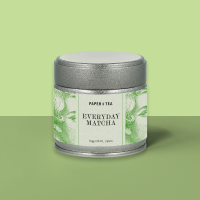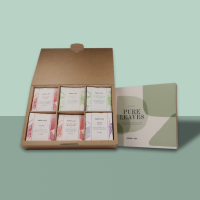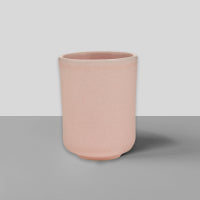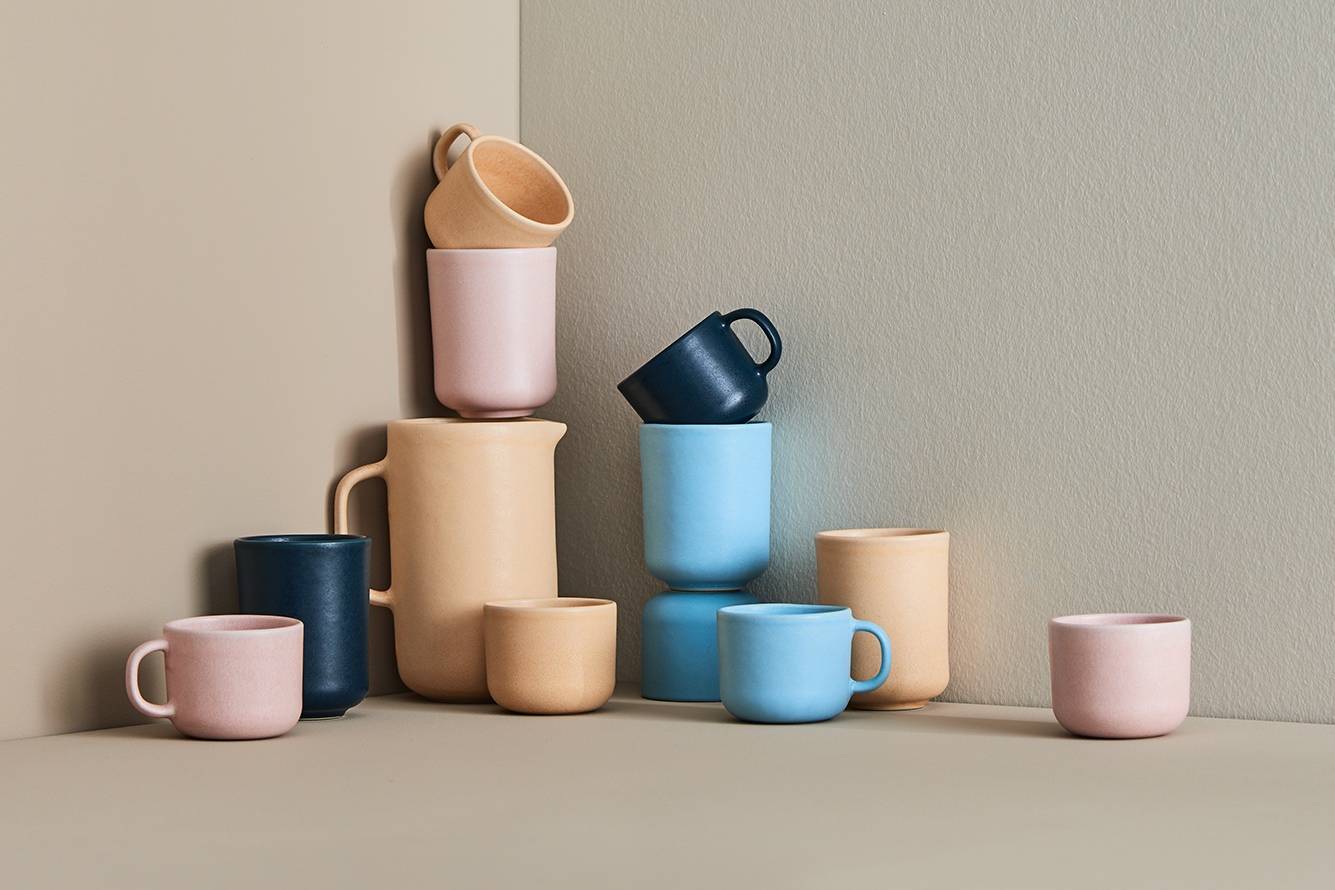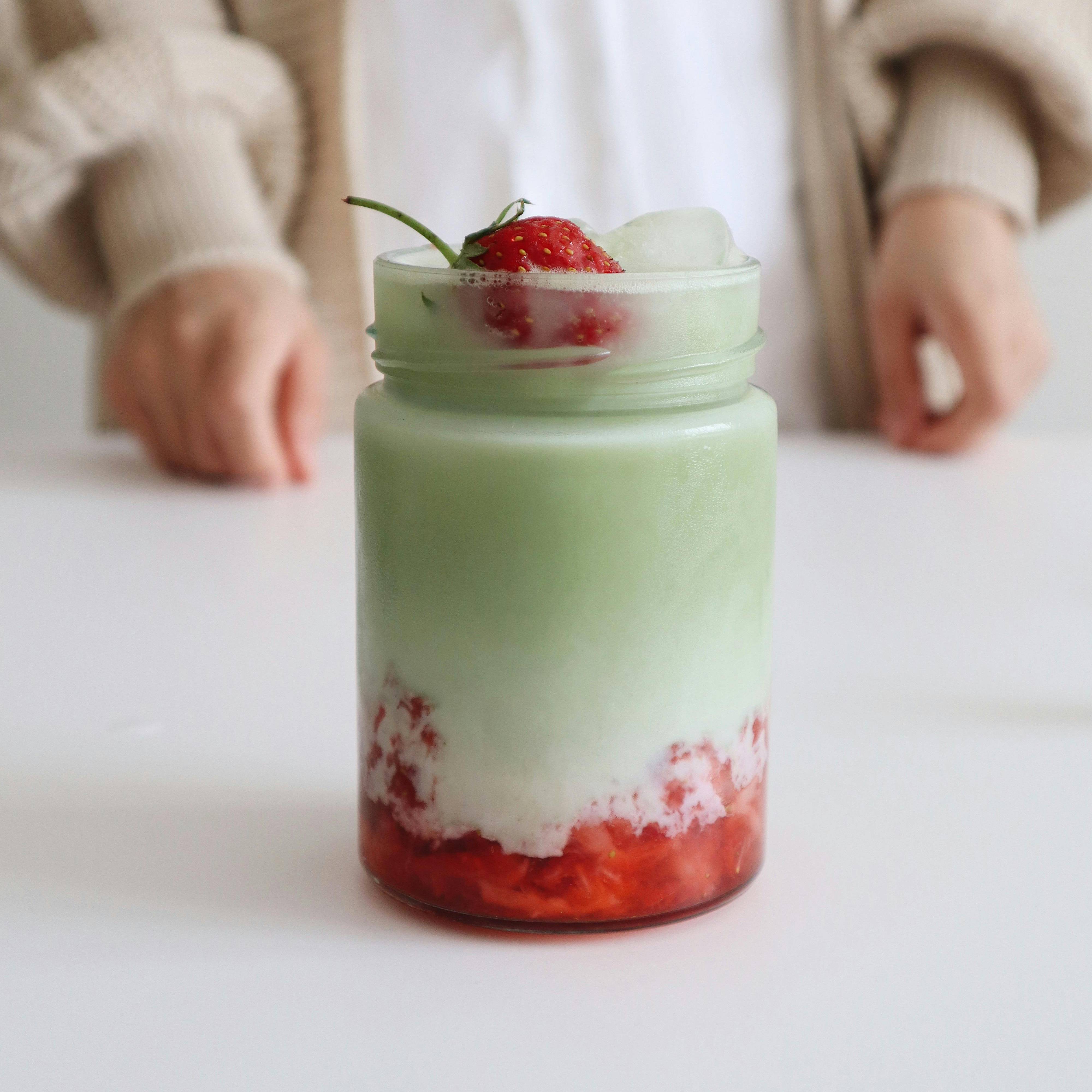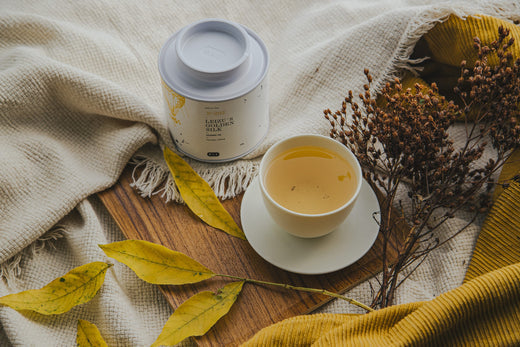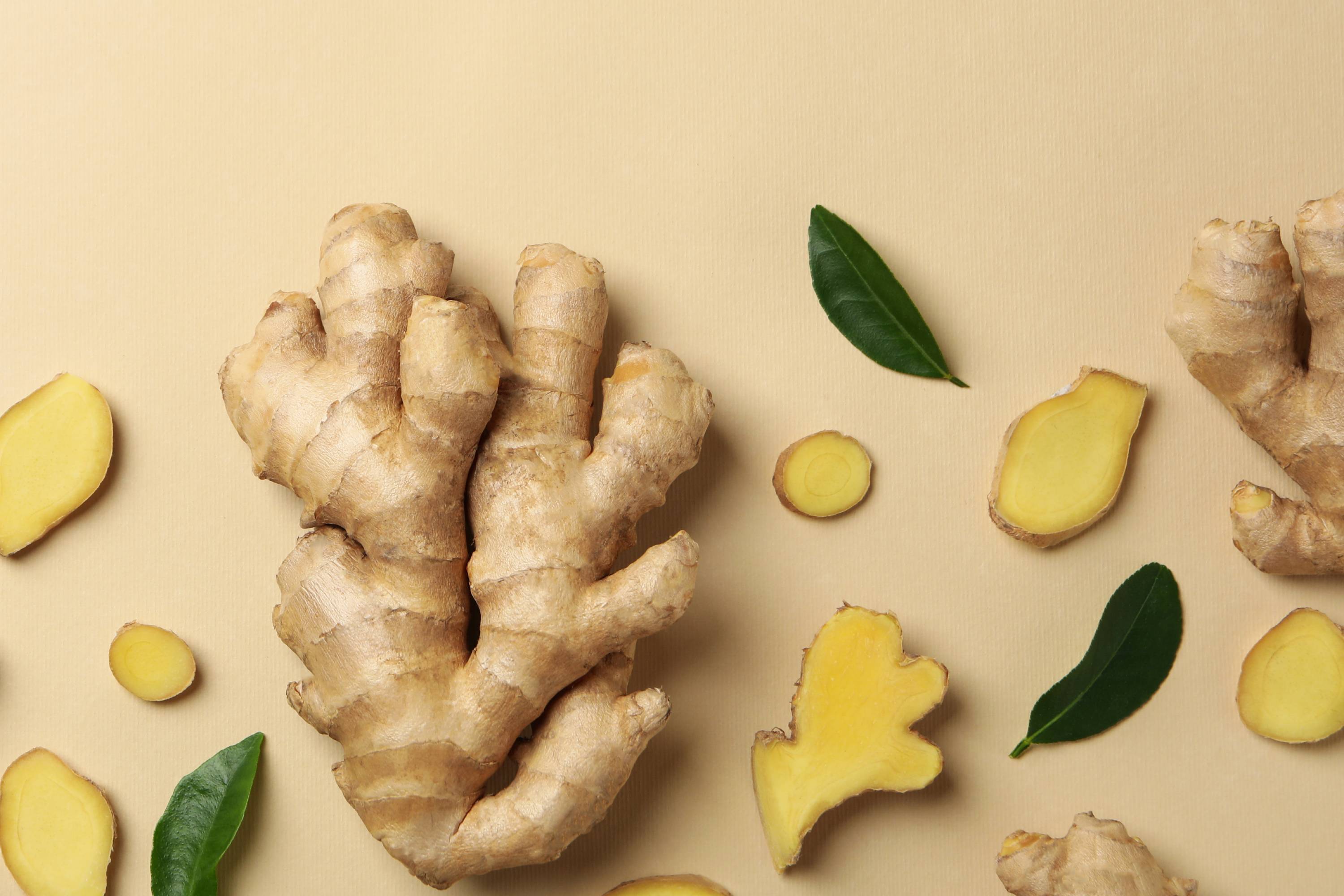When we think of China, the exquisite taste of green tea and the beauty of white jasmine flowers often come to mind. These two elements combine to create a delightful specialty that is rightfully considered a pinnacle of enjoyment in Chinese tea culture: Jasmine tea. In this article, we take a closer look at this Chinese tea delicacy.
The History of Jasmine Tea: A Fragrant Legend
Gentle and refreshing with a fragrant touch of floral notes, jasmine tea is a unique creation highly valued for both its taste and intense aroma. The history of this floral infusion is deeply rooted in Chinese tea tradition.
Roots in Chinese Culture
In ancient China, jasmine tea was more than just a beverage; it was a symbol of romantic love and prosperity. Additionally, the flower is used in Buddhism as a motif symbolizing compassion, empathy, and kindness toward all living beings. The jasmine flower is deeply entrenched in Chinese tradition, lending each cup of jasmine tea a special cultural significance.

The Journey of Jasmine Tea to the West
During the influential Ming Dynasty (1368–1644), significant developments occurred in Chinese tea culture. Tea consumption became increasingly popular among the general populace. During this period, "flower tea," a blend with jasmine and other flowers, emerged as a delicious way to utilize leftover tea leaves. This era also saw the establishment of important trade routes between China and the Netherlands. Through trade, Chinese green tea and other tea specialties like esteemed jasmine tea spread around the globe.
The Art of Crafting: How Jasmine Tea is Made
If you want to admire the scent and beauty of the jasmine flower, travel to China's Fujian province, the renowned growing region of the esteemed blossom. The warm and humid climate of Fuzhou, the jasmine's place of origin, along with the fertile and permeable soil nourished by the Minjiang River, create optimal conditions for jasmine cultivation, allowing the region to produce top-quality jasmine tea. The crucial step in jasmine tea production is the infusion of the tea with the flowers' aroma.
Perfected Tea Leaves: The Scenting Process
The scenting of jasmine tea is a traditional process still carried out in the cultivation area. The tea leaves naturally absorb the fragrant essential oils of the jasmine blossom. A crucial aspect of this method is the direct contact between the tea leaves and the flowers. Every day, the tea leaves are layered with fresh jasmine flowers and refreshed with new blossoms the next evening, a process that can last several weeks. To scent one kilogram of green jasmine tea, a total of 1.1 kilograms of jasmine flowers is used. The finished scented tea does not need added jasmine flowers during the infusion since the tea leaves have already absorbed the sweet, floral aroma during special storage. When infused with warm water, the delicate, sensual taste of the jasmine blossom is further intensified in the tea leaves.
Hand-Picked: The Role of the Jasmine Flower
The precious jasmine flowers are hand-picked at the end of summer. Their uniqueness lies not only in their distinctive aroma but also in their peculiarity of releasing this scent only in the evening. As the flowers open with cooling temperatures, the scenting of the tea requires precise timing to ensure the valuable essential oils of jasmine blossoms are infused into the tea. Centuries-old tea expertise and skilled craftsmanship are necessary for the traditional production of jasmine tea.

Enjoying Jasmine Tea
After exploring the historical and cultural background of this floral tea specialty, one may wonder: What does jasmine tea taste like? And how can you brew the perfect cup of this floral tea at home?
Flavor Profile: What Makes Jasmine Tea So Special?
- Jasmine tea is a fragrant delight, with the most renowned variant being Green Jasmine Tea. However, jasmine tea blends with white, black, or Oolong tea also unfold delicious aromas and are popular tea delicacies.
- The floral and sweet aroma of the jasmine blossom harmonizes beautifully with the astringency of the tea. Thus, many people are drawn to jasmine tea when they crave a gentle yet aromatic beverage.
Rituals and Ceremonies: Enjoy Jasmine Tea Like a Pro
The enticing fragrance of jasmine tea invites indulgence and is perfect for mindfulness rituals. Why not host your own tea ceremony at home? With the elegant WU POT and matching WU SERVING POT, you can celebrate this special tradition. Place loose jasmine tea in the WU POT to steep. Once brewed, pour the tea into the WU SERVING POT to stylishly serve your guests. This transfer gently cools the tea, perfectly highlighting the layered, fragrant notes of jasmine tea.

Perfect Preparation: Brewing Jasmine Tea at Home
A cup of jasmine tea offers a gentle moment of relaxation. To unleash its full potential, it's essential to consider a few key aspects, which we outline below:
The Right Technique: From Kettle to Cup
The optimal temperature and steeping time for your jasmine tea depend on the base tea used. For green or white jasmine tea, we recommend a water temperature of around 70°C and a relatively short steeping time to preserve the delicate flavors as much as possible. If you're enjoying jasmine-infused black tea or a special Oolong, a higher water temperature is advisable. In any case, it's wise to follow the specific instructions on your tea to bring out the delicate and aromatic nuances fully. We also recommend using filtered water to enhance your tea's flavor.
Variations: Getting More from Your Tea
The fragrant jasmine tea, with its irresistible scent and unique flavor, invites new tea creations. For example, enhance your black jasmine tea with a splash of milk and a sweetener of your choice to enjoy a delightfully creamy-sweet tea specialty. Additionally, green jasmine tea is perfect for making iced tea in the summer. When served over ice, this floral and refreshing tea showcases its special charm, providing an excellent indulgence on hot summer days. You'll find creative iced tea recipes with jasmine tea in our magazine.

More Fascinating Facts About Jasmine Tea
- Culinary Versatility: Did you know that jasmine tea is a fascinating ingredient in the kitchen beyond being a beverage? In Asian cuisine, it is often used in dessert preparation, providing a special note with its refined aroma. It can also be used in savory dishes to add an aromatic dimension.
- Jasmine's Protective Power: In Asian folklore, the jasmine flower is credited with mystical powers to attract positive energy and ward off evil spirits. Therefore, jasmine tea was not only consumed as an aromatic drink but also as a spiritual cleansing agent to promote inner harmony.
- Hospitality in Asian Cultures: In many Asian cultures, jasmine tea is seen as an expression of hospitality. It is offered as a special gesture to guests. The jasmine flower symbolizes respect, grace, and kindness, making the tea an ideal beverage for visitors.
Our Recommendations: The Best Jasmine Teas from PAPER & TEA
At PAPER & TEA, we are enchanted by the intense aroma of jasmine tea. That's why we've crafted two unique teas featuring this coveted bloom. Discover the fascinating world of this floral tea specialty.

IN THE MOOD FOR LOVE: A Gentle Organic Green Tea
Our IN THE MOOD FOR LOVE is an exquisite organic green tea traditionally scented with fine jasmine flowers over several days. The result is a wonderfully mild, sweet, and aromatic jasmine tea with the freshness of Chinese green tea. A must for green tea lovers and those who wish to become one.
SACRED EMILY
Our black tea blend SACRED EMILY is the result of perfected tea composition art. Fine black tea, fresh green tea, and gentle white tea come together in a harmonious aroma play. Enhanced with precious jasmine flowers and roses, this blend recalls artful English flower gardens.

